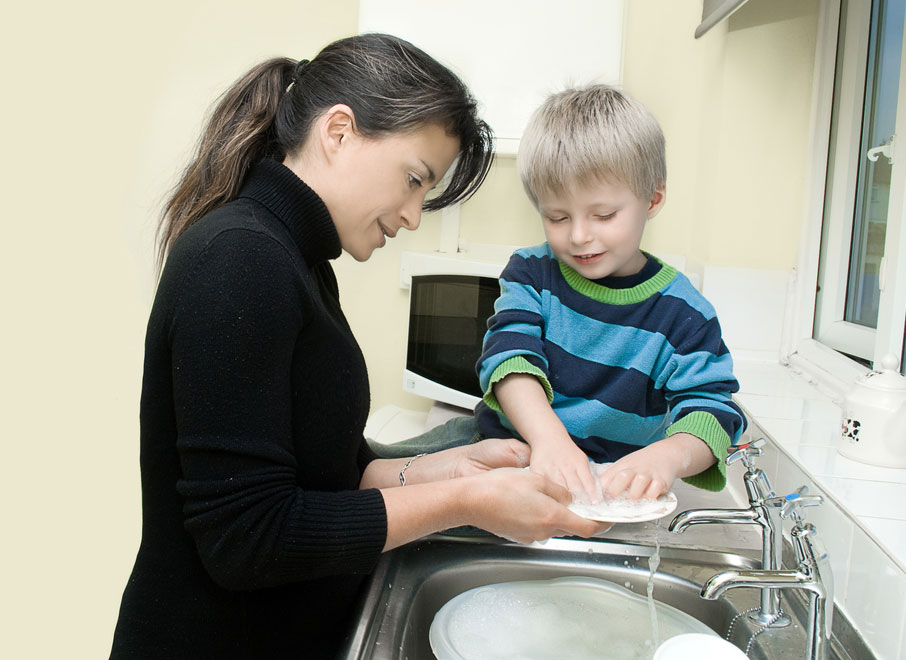Foster parents and families play a very important and pivotal role when it comes to vulnerable children, and with the amount of kids and young adults in care increasing, there’s no doubt that more fosters are needed to ensure they get the care, safety and attention they deserve. Local authorities all over the UK care for over 70,000 foster children, and if you’re thinking about becoming a foster parent then there are many things to consider.
Although there are no upper ages limits to becoming a foster carer, you do have to be surrounded by a good support network of family and friends, as well as being healthy and financially viable. Communication and attention to detail are also important criteria for social services, and if they feel you lack the communication skills to connect with a foster child, then it’s likely that you won’t be considered for the role. Let’s take a look at some of the other important things to consider if you’re thinking about fostering.
Why Foster
Fostering is a selfless act, but its also a role that requires patience and determination. If you’re going to succeed as a foster parent, you must realise that sometimes you might not be able to make a difference – all you can give is your best. Some foster children require specialist care, and it’s the type of person you are that will determine what child the foster agencies place you with – not your financial background or other misconceptions. In many cases, foster parents also have their own children to look after as well, so you’ll have to be organised more than anything. For more information about fostering, visit Capstone Foster Care.
Fostering Babies VS Fostering Children
Social services would rather place a baby with a family looking to adopt, rather than a foster family. If a baby is placed into the care of a foster family, it will only be a temporary measure whilst trying to find a permanent adoptive home for the child. With that being said, foster families who are able to cater for babies with health issues, usually related to substance or alcohol abuse during pregnancy, are always in high demand.
Fostering children and young adults is a lot different to looking after babies, and you must remember that although the rewards will worth the tough times ahead, there is still plenty to prepare for. Young children are emotionally shaped by the experiences they have growing up, and as a foster carer, it’s not only your job to protect and care for the child, but also to guide them too.
In the current fostering climate, social services work very hard to place the most vulnerable children with the most suitable foster families, and no decision negative or positive, is taken without detailed consideration. As long as you’re willing, and understand the needs of a foster child as well as the guidelines you’ll have to abide by, then you have more than a good chance of caring for children in need.




























